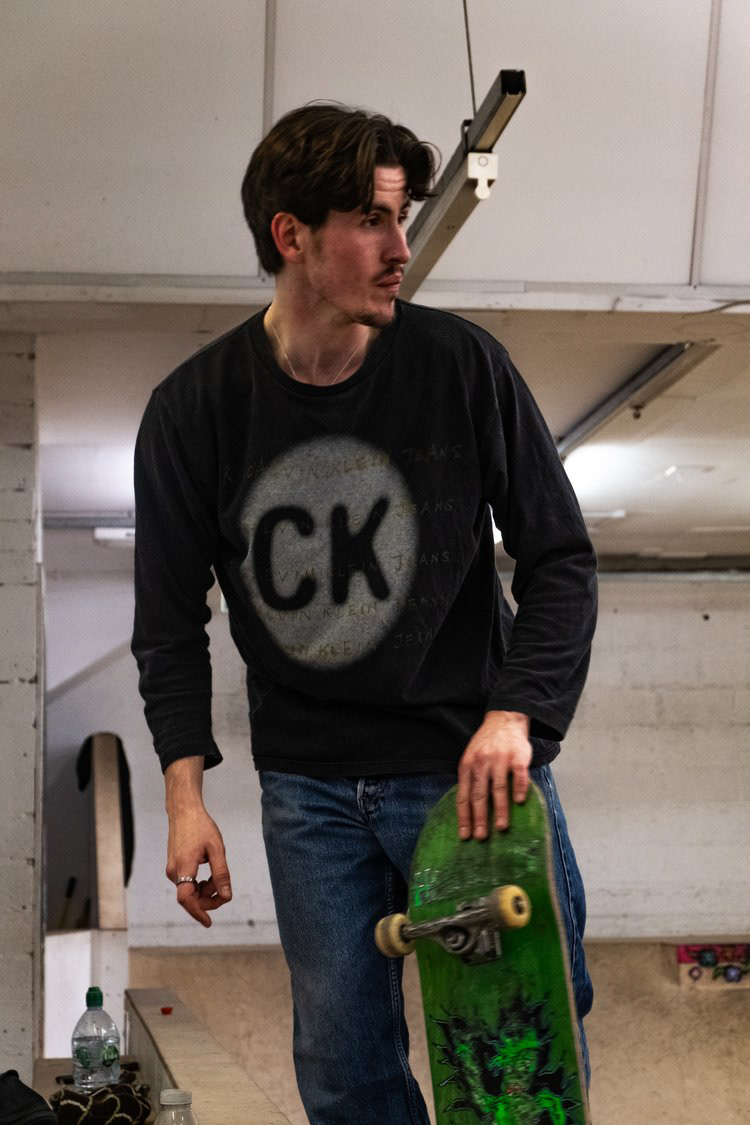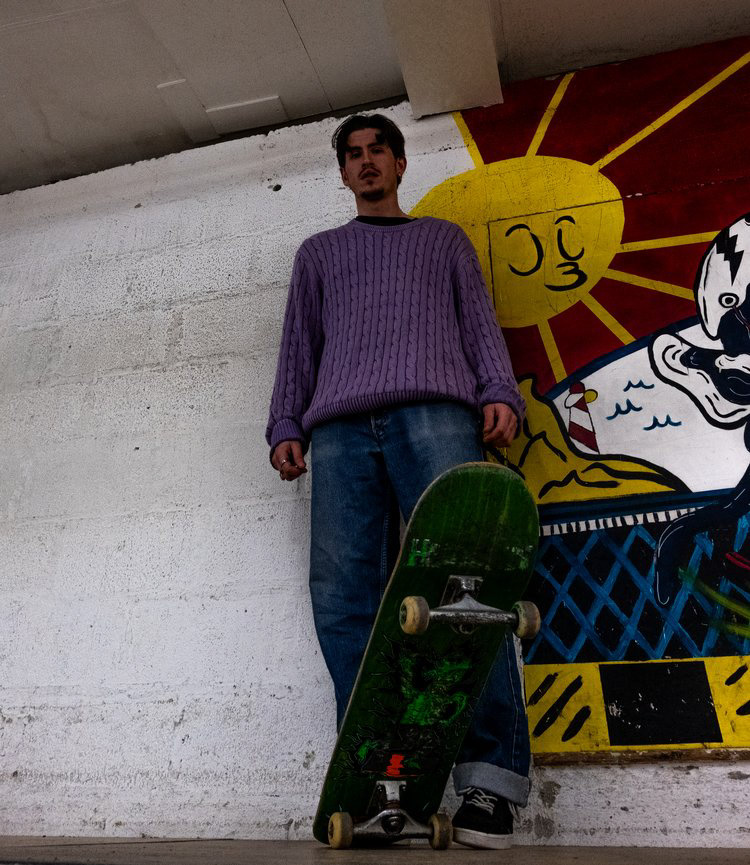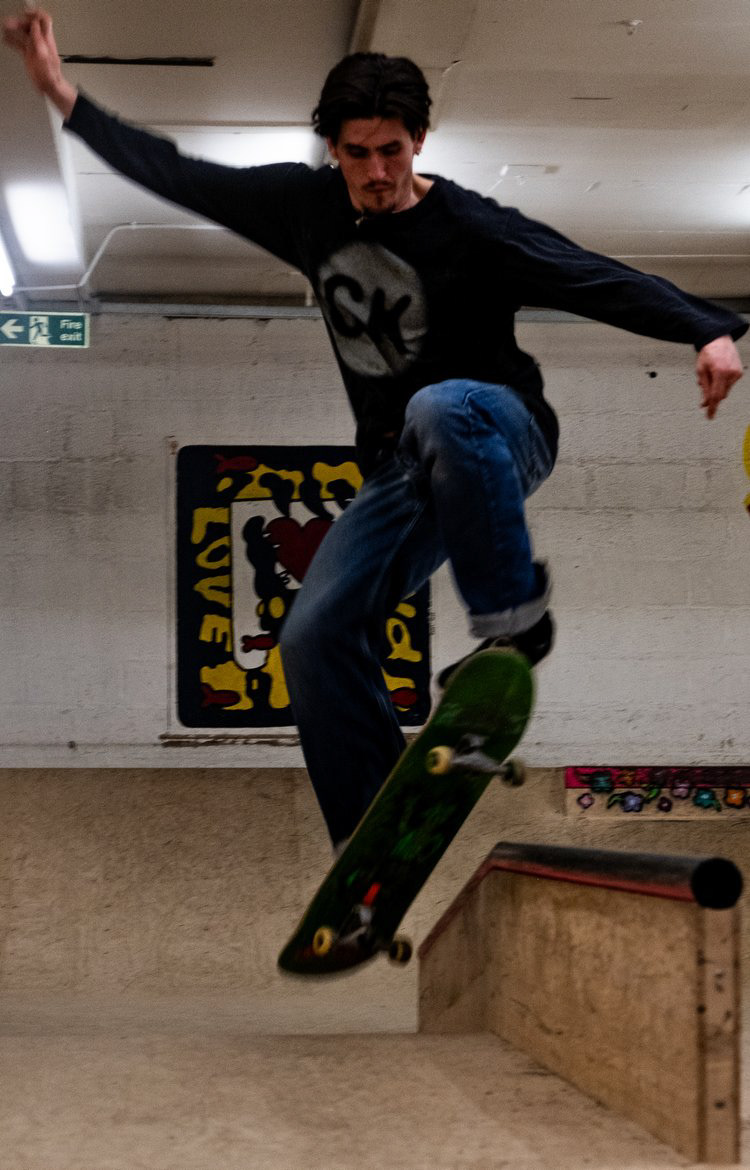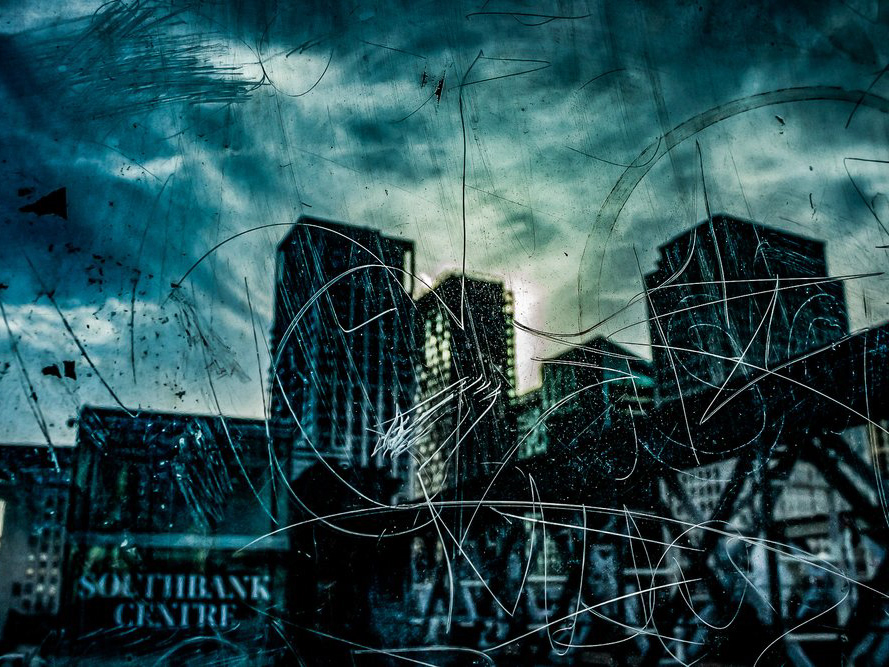From Cornwall to London, how inclusive and diverse is the skate scene?
Skating has historically been a sport with a cliquey, subculture dominated by young, cis white males, contrasting the whole identity of skate until recently it has been exclusive. A counterculture, which, in hindsight, didn’t seem to counter much, at least in terms of a heteronormative society.
And yet the scene is changing. Up and down the UK and across the world, skating no longer comes with the same stigma it used to. The marginalised rebels frowned upon by older generations are now seen differently. With groups, in Falmouth alone, such as Wild Women Skate and The Love Park. Providing safe and inclusive spaces for people to enter skating.
But is this true of every part of the UK, or is it just a big-city phenomenon?
To find out, I spoke with Luke Diboll, a 25-year-old queer skater, heralding from London but immersed within the Cornish skate scene for a couple of years, specifically in Falmouth.
Falmouth is in some ways a typical Cornish seaside town, boasting a harbour, beaches and a plethora of overpriced fish and chip shops. But there’s a university here, bringing a whole cohort of young people from multicultural backgrounds to this otherwise mono-cultural town. And now there is also an indoor skate park, which opened in August 2023. Known fittingly as ‘The Love Park’, this is where Luke and I met for the photoshoot.
It was a quiet Wednesday afternoon in Falmouth; only a couple of skaters were in the Love Park. Luke and the others all knew each other, and whilst exchanging pleasantries, they had a go at trying to land some new tricks. Each skater was respectful of the other, giving one another plenty of time and space to land trikes and cruise.
Luke identifies as bisexual, fitting within the queer sphere. Having lived both in Cornwall and London, he was well placed to give insight into these two very different sides of the skating world from his perspective as a member of both the LGBTQ+ community and the skate community.
Luke told me about how he got into skateboarding. “When I was about 11, a group of friends I had in my area who started skating convinced me to trade in my bike for a skateboard, and it just stuck as an obsession.”
This start into the subculture is seemingly typical, and at such a young age, thoughts about diversity and representation are likely not to be sprouting.
When he got started talking, Luke couldn’t stop. “For all these years, no matter how long I stopped for, it always circled back to skating. And it’s impacted my life for the better. I don’t know what I'd be doing now without it, as it opened so many doors for me.” He doesn’t regret trading in that bike.
When I asked whether he sees a difference between the skate culture of Cornwall and London, Luke said, “Very much so, but also not at all. Skating culture has changed so much in the last few years alone. I remember when I first started, it was still very much mocked. Trends have changed, though, and skating culture has become popularised.”





